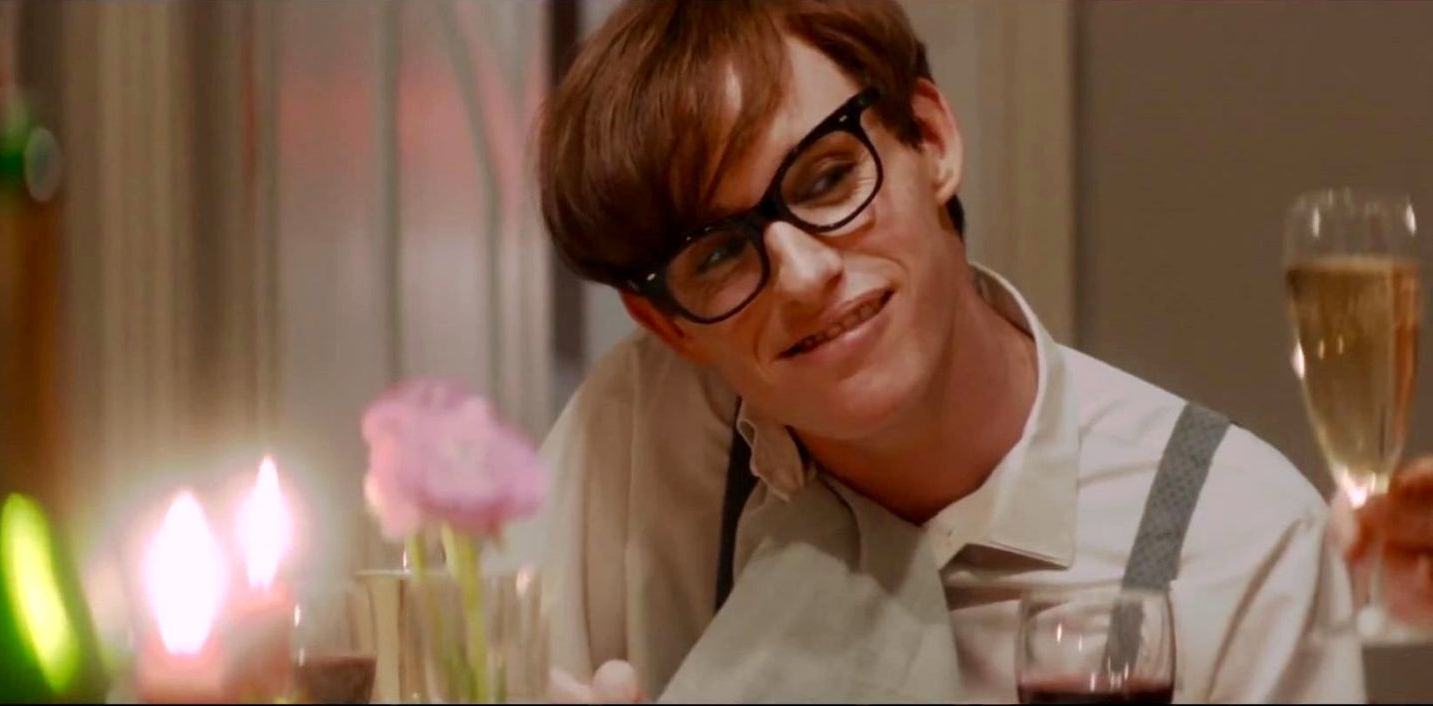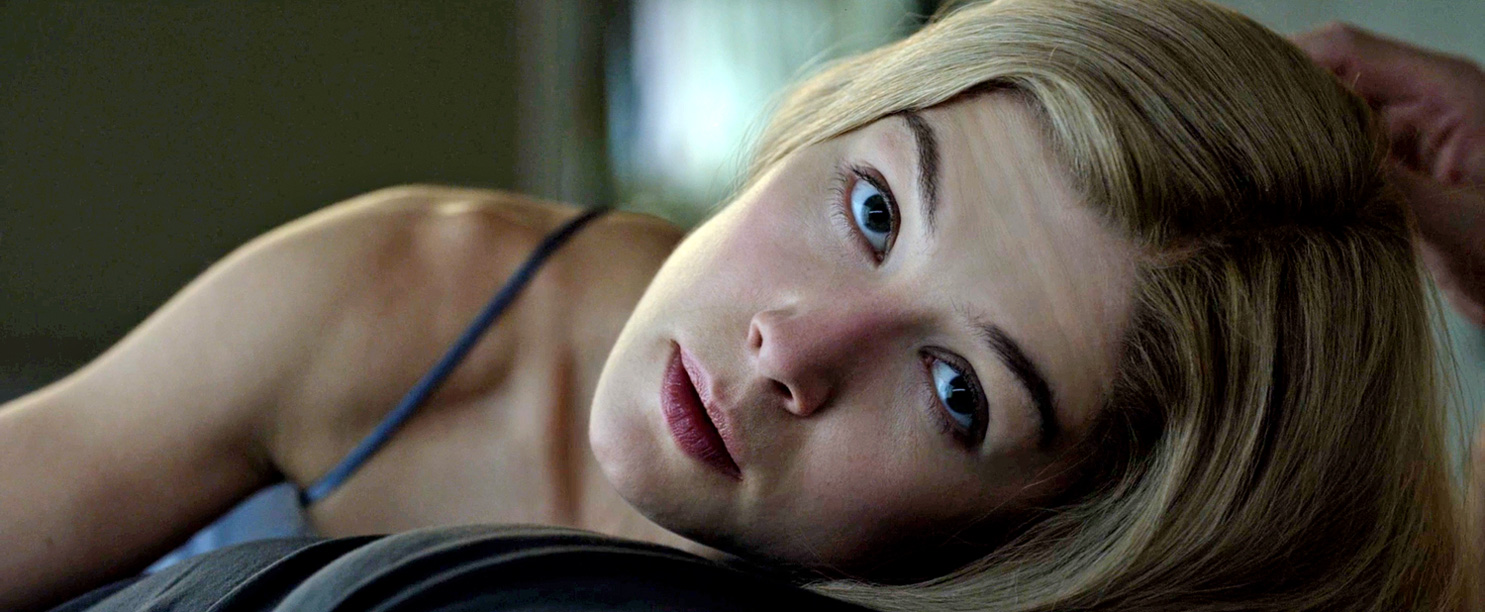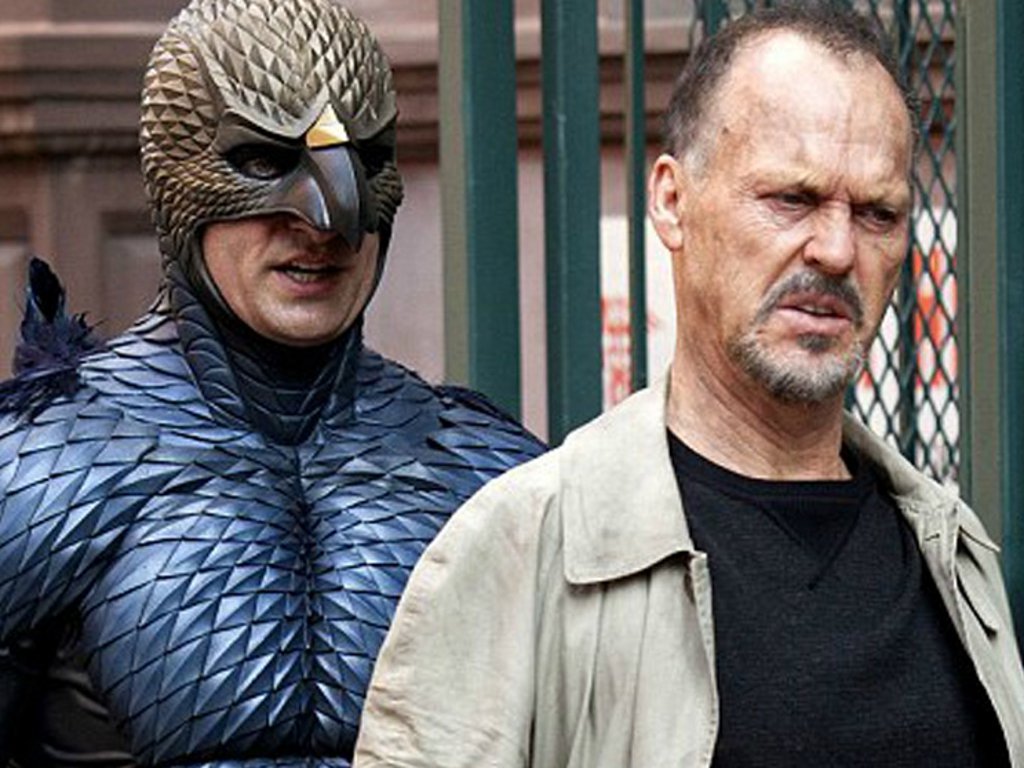
Time and time again, the Academy of Motion Picture Arts and Science has demonstrated an affinity for the British biopic genre. In 2011, “The King’s Speech” won in several major categories at the Oscars, including Best Picture, after delighting both critics and audiences with its portrayal of the friendship between King George V and his speech therapist Lionel Logue. Two years later, Meryl Streep claimed her 3rd Best Actress award for her role as Prime Minister Margaret Thatcher in “The Iron Lady.”
By following the reliable path of such a string of predecessors, “The Theory of Everything” easily had the potential to demonstrate other Oscar bait clichés. Director James Marsh could have told a didactic story of a man overcoming the restrictions of his disability to continue his noble pursuit of knowledge. And yet, “The Theory of Everything” is brilliant because it does not focus on Stephen Hawking the Great Physicist, or his breakthroughs in understanding time and space in spite of a paralyzing motor neuron disease. More than it is about Hawking, this film is about Hawking’s first wife, Jane, and what is and is not susceptible to time.
Stephen Hawking’s physical health deteriorates over the years covered by the film. So, as it turns out, does his marriage to Jane. In its earliest stages, the relationship between the Hawkings is playful. It should have maintained its youth for several more years, given that Jane and Stephen met in their 20s as students at Cambridge. However, Stephen’s diagnosis speeds up time for the couple, and their relationship is forced to mature at a faster rate. Jane dedicates herself to nursing Stephen and to making sure that he can live a fulfilling life.
During the early years of marriage, Jane takes care of household chores and her newborn son. She helps her husband perform basic tasks so that he can continue working on his thesis. Stephen receives his doctorate after presenting research on black holes, and Jane is by his side. But as Stephen’s triumphs continue, Jane forgoes opportunities to work on her own thesis in Medieval Spanish poetry. Apparently, not only is time finite, but it also carries weight, and its limitations have visible effects on Jane.
Family and friends urge Jane and Stephen to hire a caretaker, but this turns out to be unnecessary. Help arrives on its own in the form of Jonathan Jones, a widower and the director of Jane’s church choir. Jonathan becomes a close family friend to the Hawkings, especially Jane. A montage of slower and peaceful days, showing a more relaxed Hawking family, indicates that Jonathan’s presence slows time down again for Jane as she has the opportunity to enjoy her life once more.
Jane and Jonathan eventually acknowledge their reciprocal attraction, but come to an unspoken agreement to ignore their feelings for the sake of Jane’s family. When Stephen must undergo an operation to lose his vocal chords, Jonathan willingly exits the picture completely.
There are no villains in “The Theory of Everything,” not even Stephen’s disease. The Hawkings confront each hurdle presented by Stephen’s disease with determined grace. From the time Stephen begins losing mobility in his legs to the moment he wakes up without a voice, Jane reacts with a deep breath and then tries to take it in stride. She often offers scientific solutions to Stephen’s problems such as an electric wheel chair and a letter board to spell out words. In Jane Hawking’s autobiography, the movie’s inspiration, she says that this approach may have been a mistake. She admits wishing that she and Stephen had talked about the disease more, rather than attempting to ignore it.
Despite Jane’s exhaustion, she does not leave Stephen. Instead, after two decades of marriage, he tells her that he is leaving her. This is arguably the most poignant moment of the movie. The agreement to separate, though painful, is only a formality. “I have loved you,” says Jane, and she and Stephen cry together.

The movie is not intent on being a tearjerker though. Neither Jane nor Stephen go back in time to revisit regrets, and the tone at the end is one of contentment. Critics of “The Theory of Everything” have complained that the movie undermines Stephen Hawking’s revolutionary scientific work by focusing on his personal life. It is true that the academics among moviegoers, eager to speculate about the creation of the universe, will walk away with little gain. But the movie never pretends to be an awe-driven commemoration of Hawking’s accomplishments as a scientist; it is far more interested in examining him as an emotional individual and in understanding the relationship between two humans, one of whom just happens to have a robotic synthesized voice. Other critics have wondered why the movie did not focus on the drama and intrigue of Jane’s relationship with Jonathan or Stephen’s infidelity with his nurse, who eventually became his second wife. The fact is, neither of these relationships really had anything to do with the one between Stephen and Jane, which probably would have crumbled regardless. To try to profit off the potential scandal of these side plots would have simply cheapened the movie.
The writing and screenplay of the movie is well done enough to make up for the lack of action or academic value. The biggest successes, however, that really make it outstanding are the performances of the leads, Eddie Redmayne and Felicity Jones, who were both nominated for Academy Awards for their roles. As Hawking’s paralysis gets worse throughout the movie, Redmayne in particular is impressive in the way he shows emotion while barely moving a muscle even in his face. Biographers have noted that the real-life Hawking’s disability and occasionally brash manner distanced him from his colleagues, but Redmayne does not sugarcoat these characteristics for the benefit of the audience’s comfort. That some audiences might squirm a little or feel annoyed as they try to understand Redmayne’s halted speech is an indication of existing ableism, or social prejudice against those with disabilities, in our society. The filmmakers are not shy about drawing attention to it.
The soundtrack for “The Theory of Everything,” composed by Jóhann Jóhannson, is also well done. The instrumental music is not simply there to accompany dialogue or to dictate viewers’ emotions. It actually carries some of the scenes in which the characters do not speak at all. The main theme that plays throughout the film imitates the rhythm of a ticking clock, one that Stephen Hawking effectively beat.
“The Theory of Everything” tells neither a tragic nor heroic tale. Nimbly avoiding numerous opportunities to fall into maudlin cliché, “The Theory of Everything” succeeds in doing exactly what the British biopic drama does best: it takes a story of an elevated figure and makes him human. It is ultimately clear that while, yes, time erodes expectations and leaves behind reality, often times the reality unstained is even better.
– By Shuchi Goyal/Photo Credit: Movie Shark


